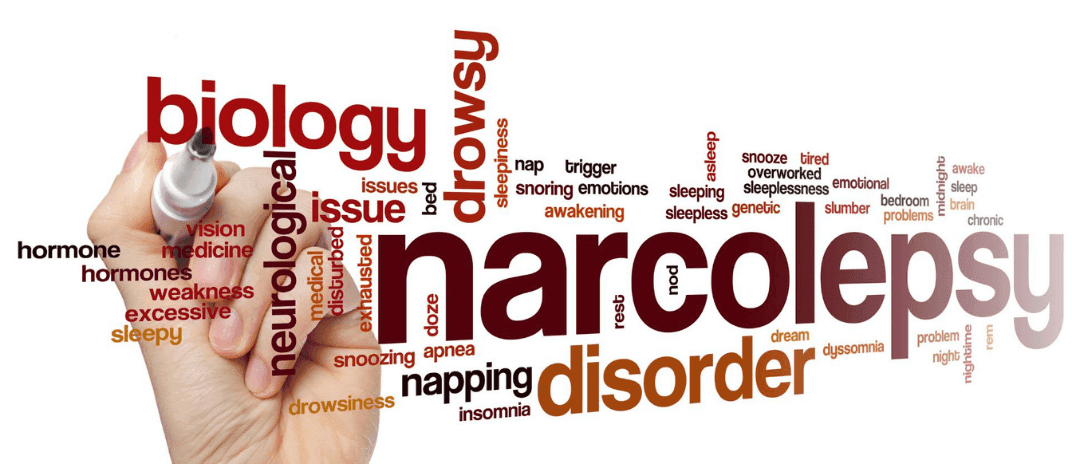


Do you wonder if narcolepsy qualifies as a disability and if you’re eligible for benefits?
This article explores how narcolepsy symptoms may impact your work and the possibility of it being recognized under the Americans with Disabilities Act.
Learn how extreme daytime sleepiness and cataplexy can affect your job performance and what criteria could make you eligible for disability benefits.
Discover how managing narcolepsy effectively can help you access the support and resources you need.
Sometimes, narcolepsy can be classified as a disability under certain circumstances. If your narcolepsy symptoms significantly impact your ability to work, you may qualify for disability benefits.
Despite not being officially listed as a disabling condition by the SSA, you can still seek benefits based on the severity of your narcolepsy. To qualify, you’ll need to show how narcolepsy hinders your work performance through medical records detailing your diagnosis, symptom frequency, and treatment outcomes.
Applying for disability benefits early is advisable due to processing times. Remember, meeting specific criteria and providing evidence of your narcolepsy’s effects on your work ability are crucial steps in potentially qualifying for disability benefits tailored to your condition.
To be considered for disability benefits, you must meet specific eligibility criteria based on the severity of your narcolepsy symptoms. When applying for disability benefits for narcolepsy, keep in mind the following to determine your eligibility:
You may also like:
The link between narcolepsy and ADHD
Initiate your disability benefits application process by gathering essential medical documentation. To start applying for benefits, ensure you have all necessary paperwork, such as medical records detailing your narcolepsy diagnosis, treatment plans, and the impact of symptoms on your daily life and work.
When filling out your disability application, focus on how narcolepsy limits your ability to work effectively. Highlight any challenges, like extreme daytime sleepiness or cataplexy, that affect your job performance.
If you’re applying for Social Security Disability, be prepared to demonstrate how your narcolepsy meets the criteria for benefits. By providing thorough and accurate information in your application, you increase your chances of qualifying for the support you need.
When applying for disability benefits due to narcolepsy, ensure your workplace provides necessary accommodations to support your condition effectively. These accommodations are crucial for maintaining productivity and ensuring your well-being at work.
Here are some essential accommodations to consider in the workplace:
Consider incorporating medication and treatment options as the next step in managing your narcolepsy symptoms effectively. When exploring treatment for narcolepsy, various medications can help alleviate symptoms and improve your quality of life. Below is a table outlining some common types of medications used in the management of narcolepsy:
| Type of Medication | Examples | How They Help |
|---|---|---|
| Stimulants | Modafinil, Armodafinil | Increase wakefulness |
| Sodium Oxybate (Xyrem) | Xyrem | Improve nighttime sleep |
| SSRIs | Fluoxetine, Sertraline | Manage cataplexy and hallucinations |
| Tricyclic Antidepressants | Amitriptyline, Imipramine | Control symptoms like cataplexy |
To effectively manage the symptoms of narcolepsy and understand their impacts, prioritize recognizing the specific challenges that come with this condition.
Navigating the disability review process involves assessing how narcolepsy may affect your ability to perform at work and seeking necessary accommodations for support. Understanding how narcolepsy symptoms impact your job functions is crucial for determining if you qualify as having a disability.
If you face challenges in your work due to narcolepsy, hiring a disability lawyer can provide guidance on the process. Gathering medical records that reflect the frequency and severity of your narcolepsy symptoms will be essential for your case.

Genetics and age play significant roles in how narcolepsy develops and manifests in individuals. Understanding these factors can shed light on the complexity of this chronic neurological disorder that affects your daily life.
Here are key points to consider:
In conclusion, if you’re struggling with narcolepsy symptoms that impact your ability to work, it may qualify as a disability under the Americans with Disabilities Act.
By understanding the eligibility criteria for benefits, seeking accommodations in the workplace, and effectively managing your symptoms, you can navigate the process of applying for disability benefits.
Remember to access the resources and support available to you to help you manage your narcolepsy effectively.